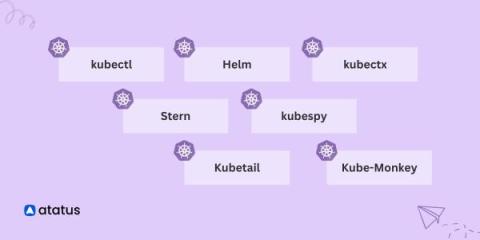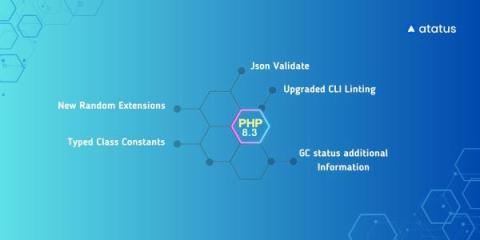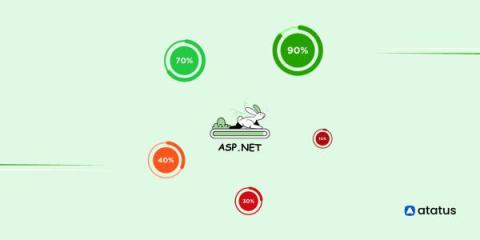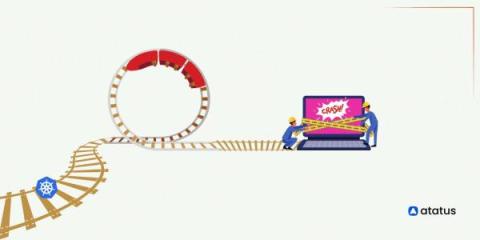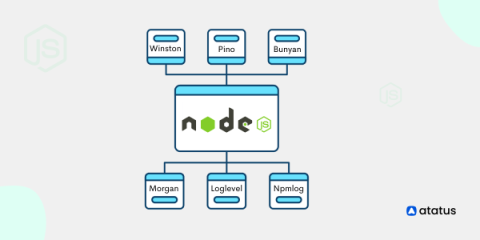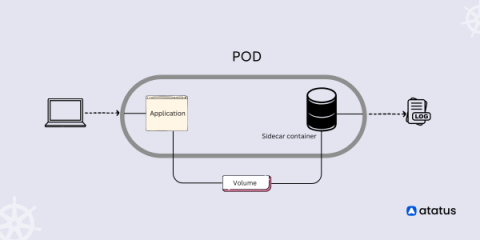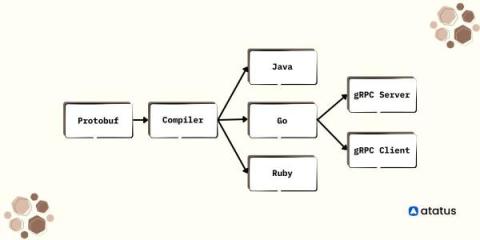JVM Thread Insights: How to Spot and Diagnose Waiting Threads
JVM uses threads to execute every single operation. And during its lifetime, these threads can go through various stages. One such stage, where the threads are unable to move any further or are blocked from operating is called as the thread-waiting situation. There are various scenarios in which a thread can enter a waiting state. Identifying and diagnosing thread-waiting situations is important for maintaining the performance and reliability of multithreaded applications.



